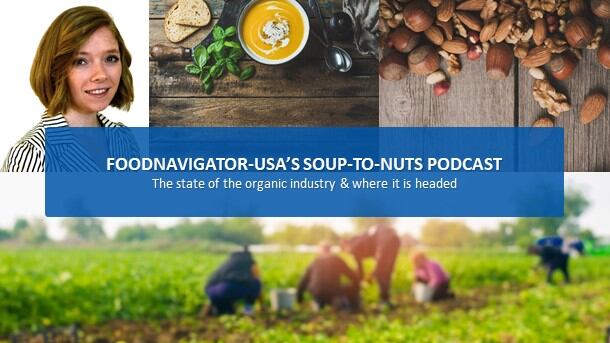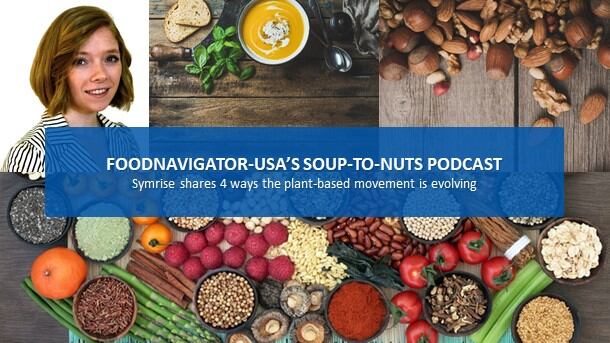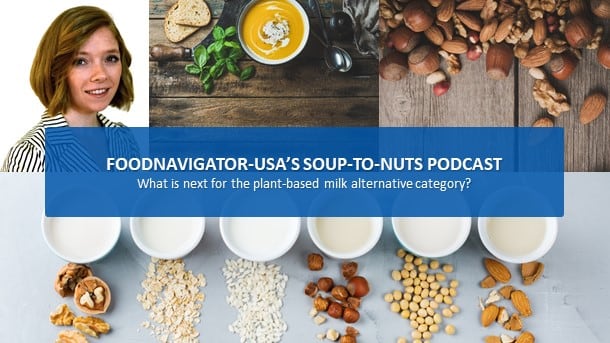Among the industry’s many reasons to celebrate were record sales of organic products last year, which reached $52.5 billion – an increase of 6.3% from 2017. Organic food accounted for 91.3% or $47.9 billion of the sales, which is up 5.9% from the previous year. On the flip side, sales of non-food, such as fiber, grew 10.6% to $4.6 billion, according to the OTA.
In meetings on Capitol Hill with staff from more than 180 legislators’ offices, more than 200 OTA members also touted how organic farming practices are helping to mitigate climate change and create economic ‘hot spots’ in their communities.
While there were many aspects to celebrate, OTA members also asked legislative staff members for help ensuring organic integrity through increased enforcement and implementation of key provisions in the 2018 Farm Bill. They also lobbied for support strengthening the unique public-private partnership that oversees the organic industry and was intended to ensure the standards continually evolved to meet consumers’ changing expectations but which, in recent years, seems to have stagnated.
At OTA’s Policy Day, the CEO and Executive Director of OTA Laura Batcha walked through each of these issues – adding color and context as well as sharing next steps for the industry.
Sales of organic produce rise 5.6%
Looking first at the “solid” sales growth of organic in 2018, Batcha attributed much of this increase to an uptick in organic fruit and vegetable sales, which rose 5.6% to $17.4 billion. This is on par with the growth of the previous year, but far higher than the mere 1.7% of the overall fruit and vegetable category in 2018.
The growth, while positive, has slowed from recent years – a side effect of shrinking premiums that affect the dollar sales but not necessarily the quantity and penetration, Batch told reporters at the association’s annual meeting.
She said she is hopeful the segment’s upward trend will continue as some mainstream retailers begin to look at offering only organic, rather than both organic and conventional as long as they continue to receive consistently high quality and reasonable prices.
While increased demand is good for the organic industry, some major producers are scrambling to redo their planting scheduled to keep up and also offset climate change and labor challenges.
For example, she said, some producers are no longer able to grow leafy greens in California in the summer and are moving their operations farther north to Oregon or over to the East Coast.
Not all segments of the organic industry saw the strong growth of produce. Dairy, for example, was hit hard with slowing sales for the second straight year.
“The dairy market has the absolutely the worst performance within the industry for the year,” with just under 1% growth as a whole, Batcha said. She explained most of this dragged down from poor sales of fluid milk – and particularly low or no-fat fluid milk. However, she notes, higher fat products, such as butter and ice cream, “grew quite well.”
Batcha also said she sees hope for the dairy segment from innovation, which she explained could help balance shifting diet trends in the future.
“You are seeing A2 milk on the market, which breeds for lactose intolerance, you are seeing high protein milk on the marketplace, you are seeing grassfed milk still growing. So everywhere that organic milk is innovating on fluid milk they are succeeding,” Batcha said. She added that she expects upcoming innovation in the low-fat, high-protein segment as well.
OTA members for increased enforcement
While overall sales of organic remain strong, the industry has faced several other challenges – some of which threaten the industry’s reputation. These have pushed OTA to explore how to reinforce – and in some cases enforce – the program’s standards to ensure they meet consumer expectations.
One of the challenges that OTA members discussed with legislative staff when they visited Capitol Hill last week were recent incidents of imported grain and oilseed from Turkey and the Black Sea which were fraudulently labeled as organic the need to implement better oversight and enforcement of the organic standard, as outlined in the 2018 Farm Bill.
OTA and the industry responded swiftly to the discovery of the fraud by having legislators add language to the 2018 Farm Bill that gave the National Organic Program and certifying agents authority to increase documentation and verification from producers and handlers if there is a compliance risk. It also gave the NOP more enforcement power over organic accreditors down the satellite office level – something that Batcha notes previously hindered appropriate enforcement, but which USDA and the NOP are already exercising.
The Farm Bill also required USDA to issue a final rule strengthening organic enforcement by the end of the year requiring all entities in the global organic supply chain, such as ports, brokers and importers to become certified – thus closing a loophole that Batcha said the industry is eager to see closed.
Repairing organic’s public-private partnership
Another weak spot in the organic industry that Batcha said OTA members lobbied legislators for support to repair is the public private partnership on which the NOP is based. She explained that in the last 10 years, industry has advanced 20 consensus recommendations for improvements to the organic standards, but USDA has not completed a rulemaking on a single one of them.
“We are working to try to get Congressional support for rethinking the way organic voluntary standards move through the regulatory pipeline in government, and how to create more transparency and accountability in the process,” she explained.




